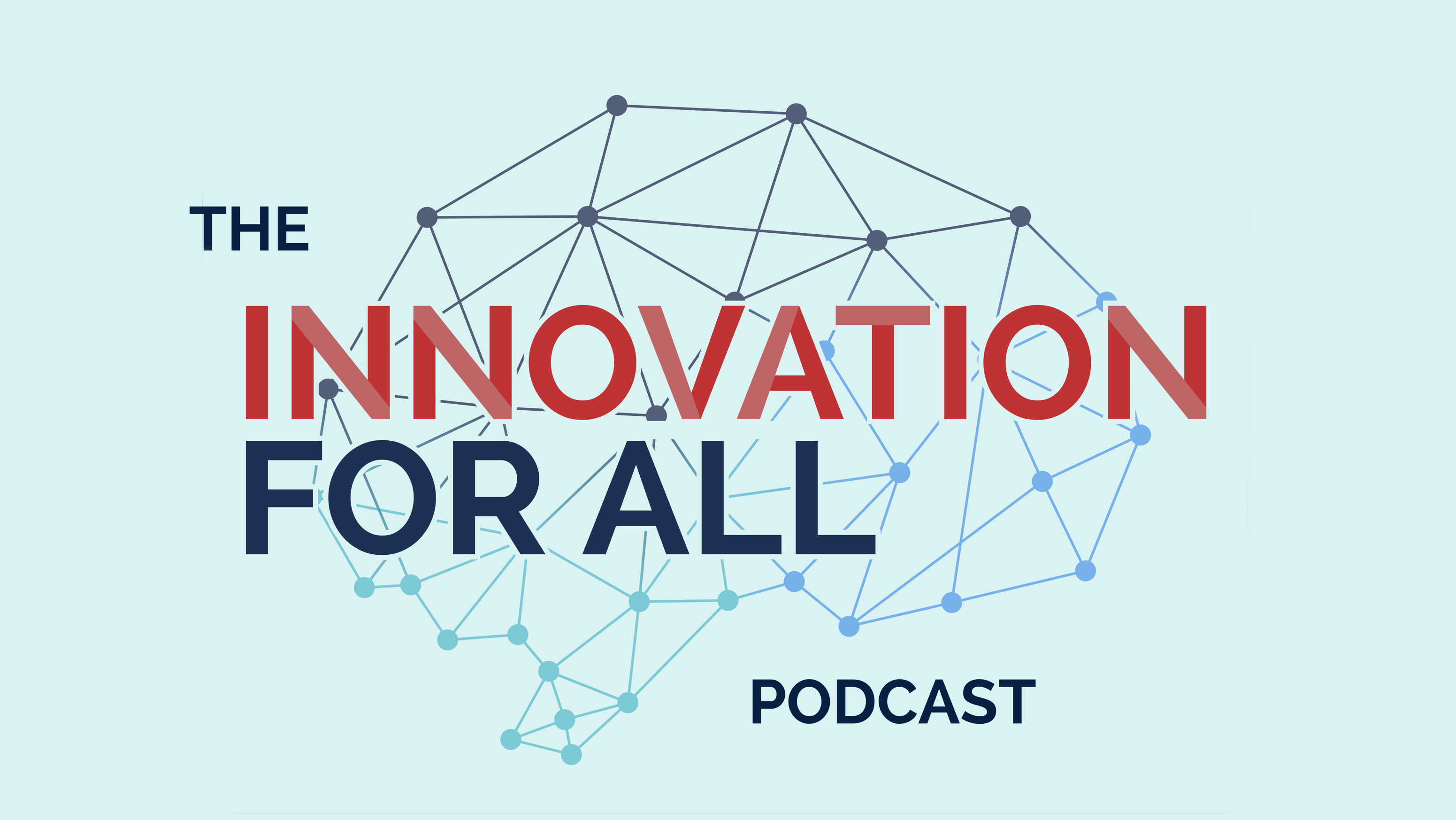
Overview:
In this episode of Innovation for All, Janet Stovall tells us about her history fighting for inclusion since she was a student at Davidson College through present day, where she is the current speech writer for the CEO of UPS. She discusses the complexities of being a woman of color in the workforce and how to address institutionalized racism.
In this episode you will learn:
- The history of Project 87 at Davidson College
- How measurable, quantifiable movements are successful
- What it’s like to be a “stand-in director of diversity”
- Experiences of being an Executive Speech Writer for UPS’s CEO
- How Janet left corporate America to start her own business
- The business case for diversity
- Challenges of corporate America
- Pros and cons of being self employed
- Overcoming discrimination against women of color in the workforce
- How not all forms of diversity are equal
Links and mentions:
- Janet’s TED Talk, “Diversity and Inclusion in the Workplace”
- Project 87
- Jennifer Richeson
- ““
- Ibram X. Kendi
Connect with Janet:



